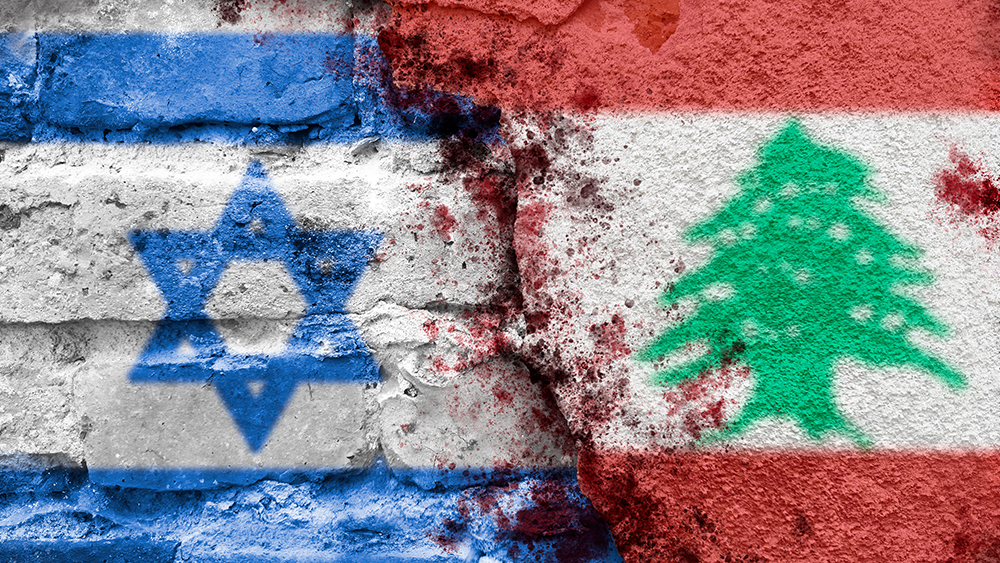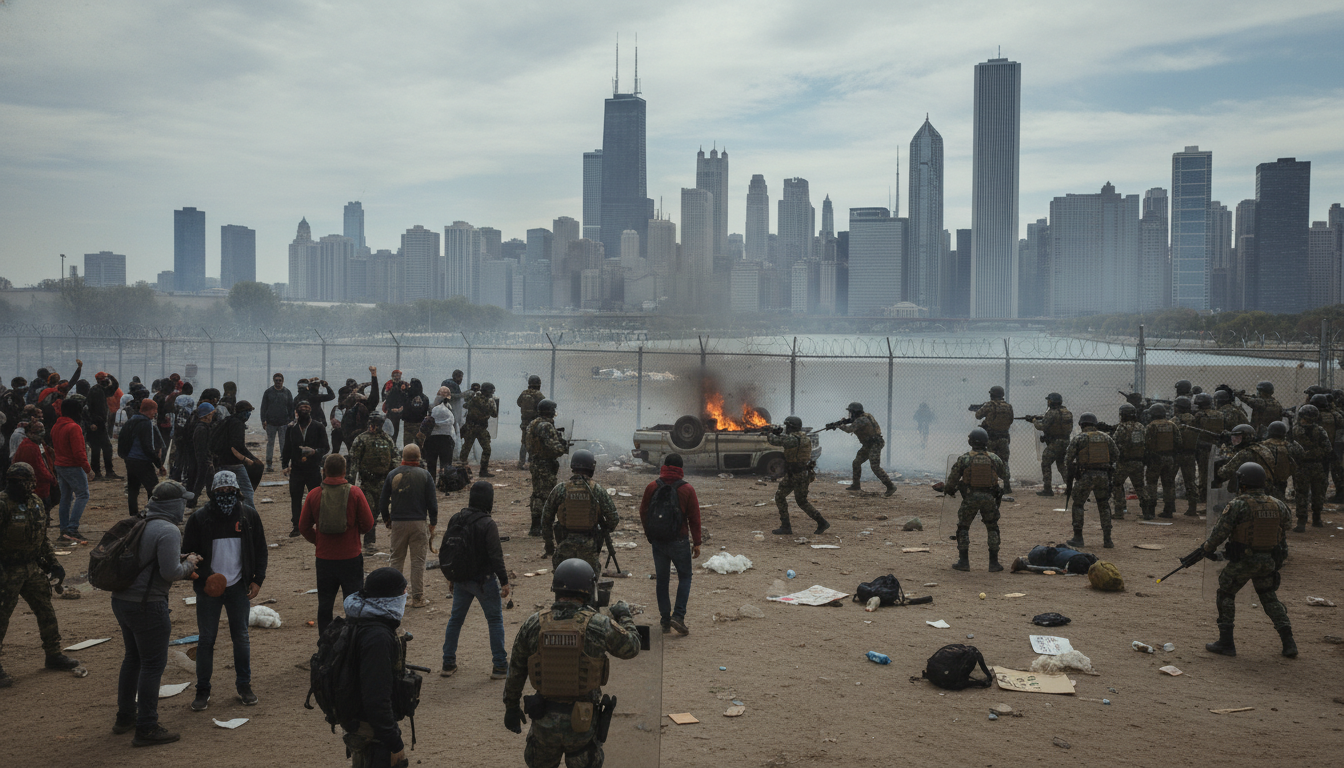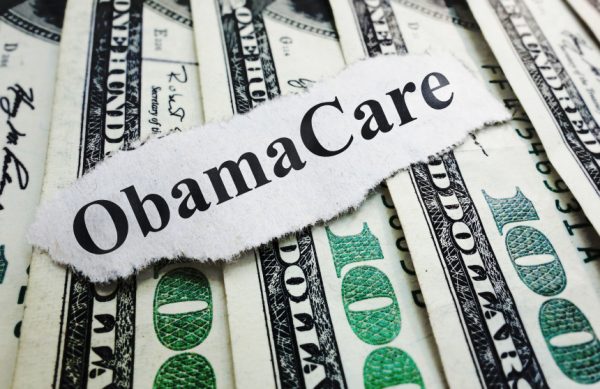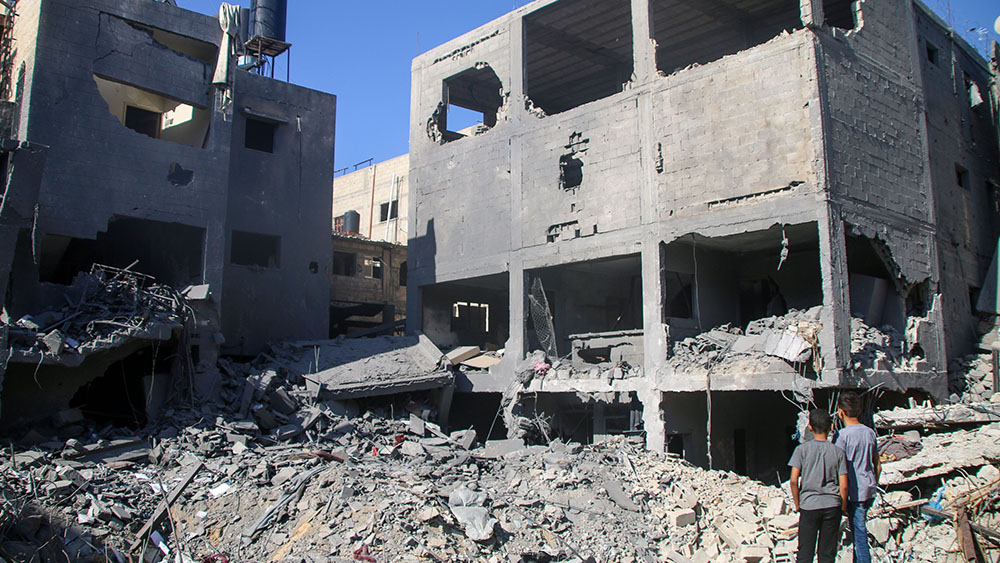 Parler
Parler Gab
Gab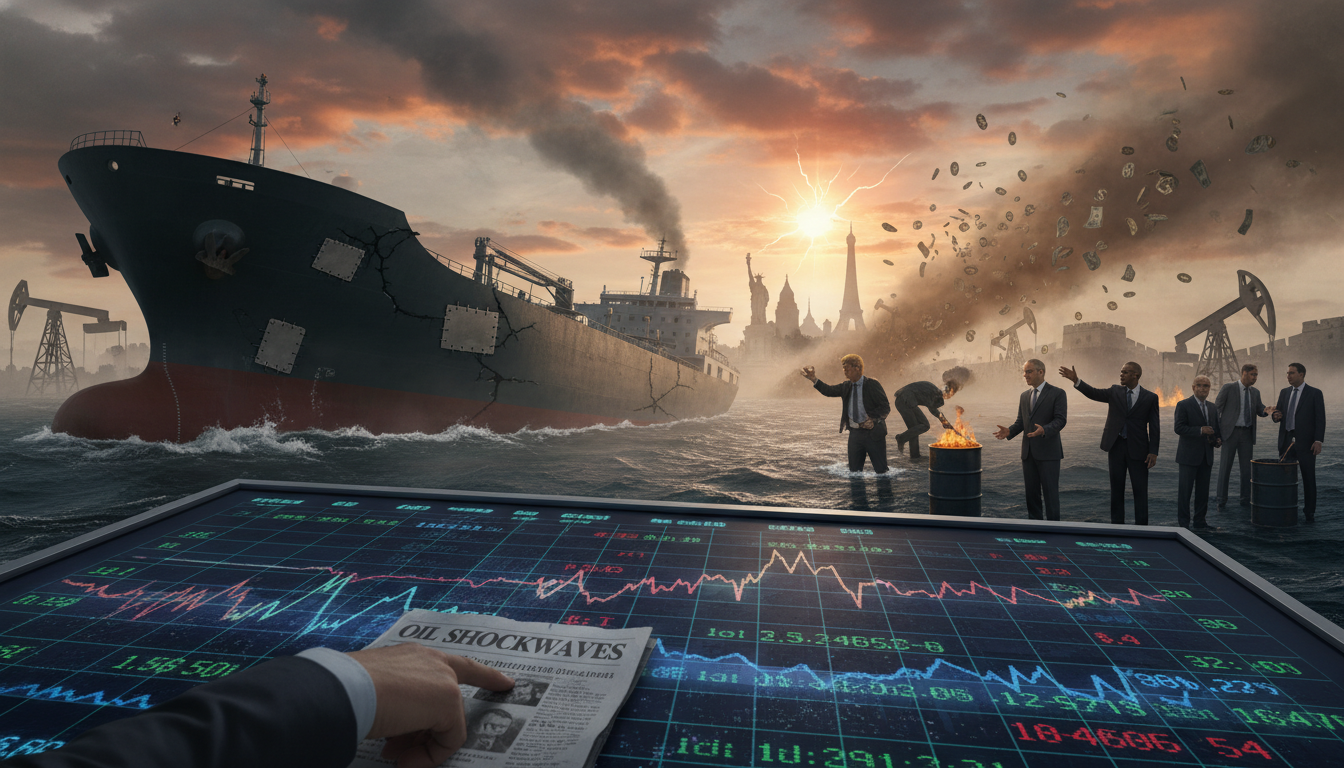
- Leonid Mikhelson, chairman of Russian energy giant Novatek, warned that the EU's plan to phase out Russian gas could trigger an unprecedented global price surge, with European consumers hit hardest.
- Russia supplies about 10 percent of the world's liquefied natural gas (LNG); removing it from the market could destabilize supply and mirror the 2021 energy crisis when prices exceeded $1,200 per 1,000 cubic meters.
- The warning follows Brussels' reaffirmation of plans to end Russian energy imports by 2027 as part of its 19th sanctions package against Moscow over the war in Ukraine.
- Several EU members, notably Hungary and Slovakia, oppose the phase-out, citing economic risks and continued dependence. The bloc imported €5.8 billion ($6.7 billion) in Russian energy in early 2025.
- Analysts warn that a rapid cut-off could disrupt markets, raise energy costs and strain national budgets already burdened by subsidies, highlighting the tension between Europe's political goals and energy realities.
EU faces growing division and energy risks as plan to ditch Russian gas sparks economic fears
However, the policy has divided the bloc, with several member states – including Hungary and Slovakia – voicing strong opposition. Both countries remain heavily dependent on Russian gas and argue that a full phase-out would harm European industries and consumers far more than it would weaken Moscow's economy. According to Bild, the EU imported around €5.8 billion ($6.7 billion) worth of Russian energy products in the first quarter of 2025, much of it in the form of LNG. Data from the Helsinki-based Center for Research on Energy and Clean Air (CREA) also indicated that the EU was the largest buyer of Russian LNG in September, underscoring the bloc's continued reliance despite efforts to diversify supplies. Energy analysts have long warned that a rapid exit from Russian gas could cause severe market disruptions. While the EU has successfully reduced pipeline imports since 2022, demand for LNG – particularly from Russia's Arctic projects – has grown as European nations scramble to fill storage facilities ahead of winter. Since the start of the sanctions regime, many EU countries have faced sharply higher energy costs, forcing governments to spend billions on subsidies and relief measures. Analysts say the latest warning from Moscow highlights the risks of energy market instability as Europe seeks to balance its political goals with economic realities. Watch U.S. President Donald Trump calling talks with Putin "BS" and threatening more sanctions on Russia in this clip.EU faces roadblock as Belgium refuses to seize frozen Russian assets for Ukraine
By Kevin Hughes // Share
Israel pressures Lebanon to raid civilian homes in Hezbollah disarmament push
By Belle Carter // Share
Gunfire erupts in Chicago: Border agents targeted after activist’s threats
By Belle Carter // Share
Governments continue to obscure COVID-19 vaccine data amid rising concerns over excess deaths
By patricklewis // Share
Tech giant Microsoft backs EXTINCTION with its support of carbon capture programs
By ramontomeydw // Share
Germany to resume arms exports to Israel despite repeated ceasefire violations
By isabelle // Share


